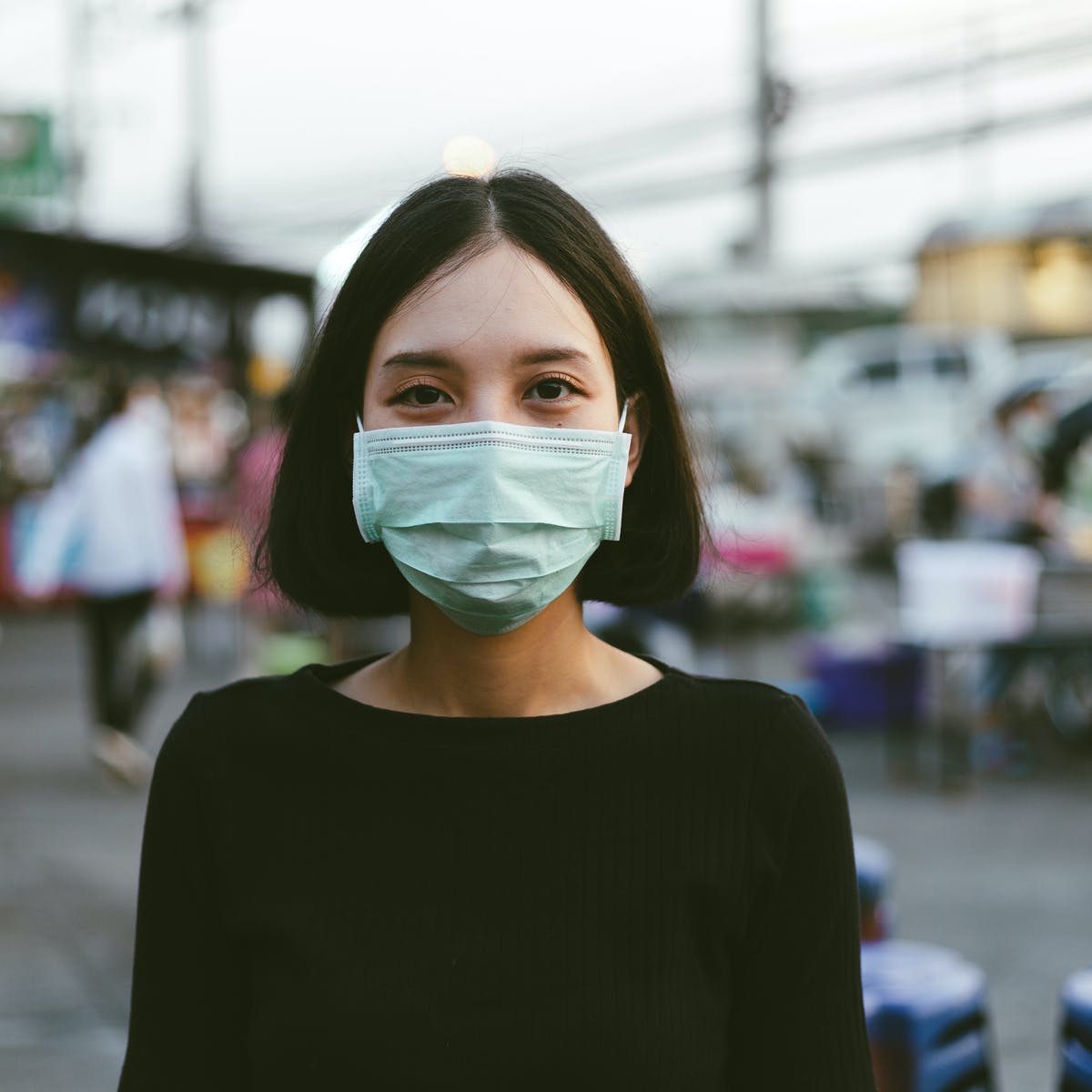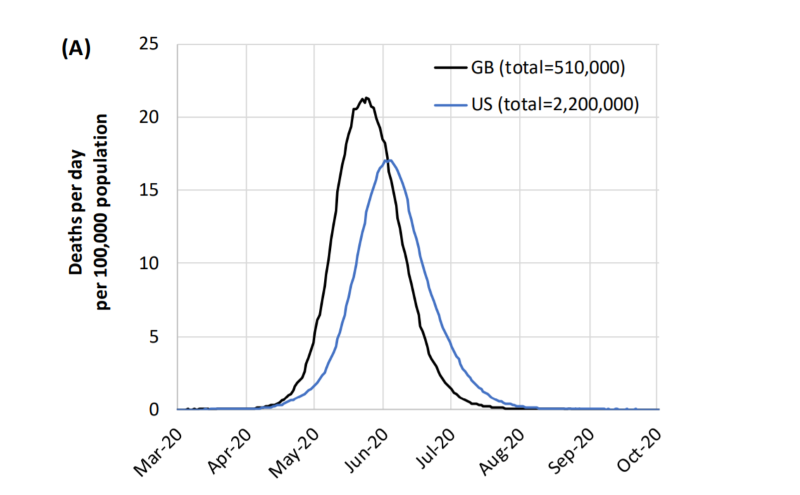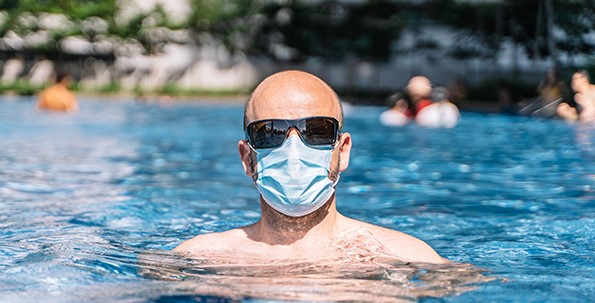
Many people believe that masks don't do anything to prevent the virus from spreading. Yes, it's still possible to be infected by the virus even when you're wearing a mask, but they definietly help to protect you and the people around you. When you or others sneeze or cough, respiratory droplets that you produce aren't able to come in contact with anyone near you. Those respiratory droplets can spread and carry the disease. The mask is a barrier between your mouth and nose, which produce these spray droplets, from everyone else. It's also very common to assume you don't have Covid-19 if you don't experience any symptoms. Many people choose not to wear a mask because of this misconception. The intensity of the symptoms vary with everyone, so it's always a good idea to be cautious. Not only do masks help prevent the virus from spreading, it also makes other people feel more secure and safe around you.

A common misconsception about the virus is that the symptoms are usually very intense. Many people assume that they will have a horrible time trying to breathe, that they'll cough all day, and that they'll end up having the worst fever if they get the virus. This may happen to some people, but the symptoms are usually very mild and you sometimes don't even know that you have Covid-19. Symptoms are usually more intense with people who already have a pre-exisiting disease. Actually, for a while, there have been close to zero deaths globally. This goes for all ages. The US does have the most cases, but many people have recovered from this virus. The Chinese Center for Disease Control and Prevention stated that 80.9% of COVID-19 cases were mild!

A common belief about the virus is that you can catch it by swimming in public pools. There is a lot of paranoia that Covid-19 carriers could have taken a swim and infected the waters. There is actually not very much evidence that this can happen, but this belief is most likely inaccurate. A person who has the virus most likely got it from respiratory droplets spread by a virus carrier who was standing near them.